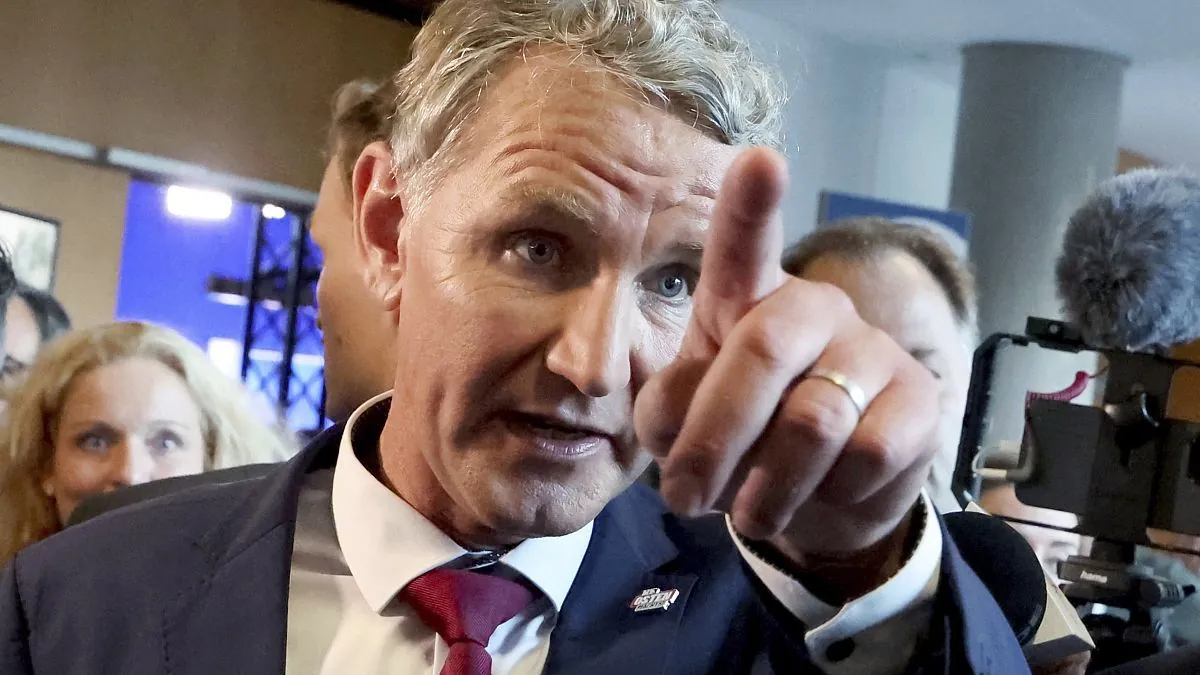Far-Right AfD Gains Ground in German Elections, Challenging Mainstream Parties
The Alternative for Germany (AfD) party achieves significant success in regional elections, reflecting a broader European trend towards far-right politics. This shift poses challenges for traditional parties and governance in Germany.

The political landscape in Europe continues to evolve, with far-right parties gaining traction across the continent. In Germany, the Alternative for Germany (AfD) party has achieved notable success in recent regional elections in Thuringia and Saxony, two states in the former East Germany. This development marks a significant challenge to mainstream political parties in Europe's most populous nation.
The AfD's performance in these elections represents the highest vote share for any far-right party in Germany since the end of World War II, nearly 79 years ago. This outcome carries profound implications, given Germany's historical context and the nation's efforts to distance itself from its Nazi past.
Similar trends are observable across Europe. In France, traditional parties have been overshadowed by entities like the National Rally, formerly known as the National Front. Italy's current government includes a party with historical connections to Mussolini's fascist movement. These shifts indicate a broader realignment of European politics.

In response to the AfD's gains, Chancellor Olaf Scholz has called for other parties to form a "firewall" to prevent the far-right from gaining power. This approach, known as a cordon sanitaire, is a political strategy that originated in France in the 1980s to exclude extreme parties from coalitions. However, this tactic may inadvertently fuel perceptions among some voters that their concerns are being dismissed.
The rise of fringe parties in Germany is partly attributed to the legacy of Angela Merkel's 2015 decision to admit approximately one million migrants during the European migrant crisis. This policy has had lasting effects on German politics, particularly in the eastern regions.
"Our success reflects the growing concerns of German citizens about immigration and national identity. We are giving voice to those who feel ignored by mainstream parties."
As Germany approaches federal elections in about a year, the AfD currently holds second place in national polls. The ruling Social Democrat-led coalition, headed by Chancellor Scholz, is experiencing a decline in popularity. This situation raises questions about the future governance of Europe's largest economy, as effective leadership may become increasingly challenging without some form of cooperation with the AfD.
The political shifts in Germany and across Europe underscore the complex interplay between historical legacies, contemporary challenges, and evolving voter preferences. As traditional parties struggle to maintain their relevance, the continent faces a period of political uncertainty and potential realignment.


































